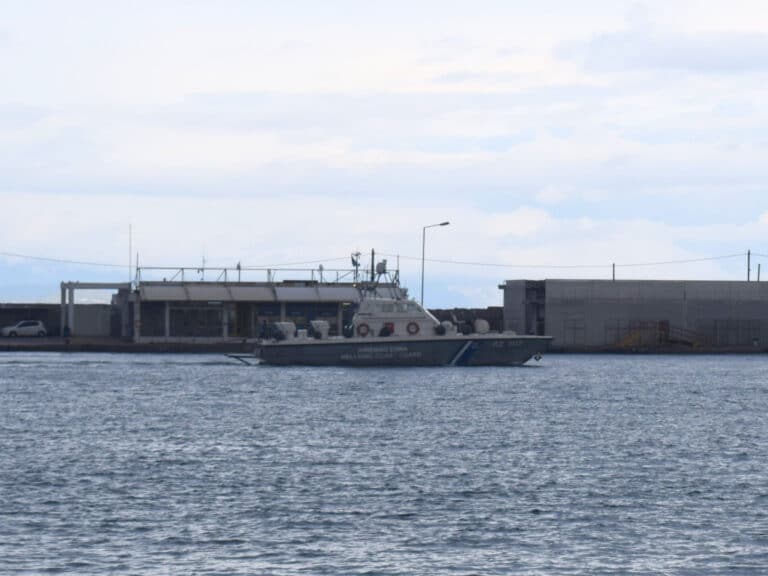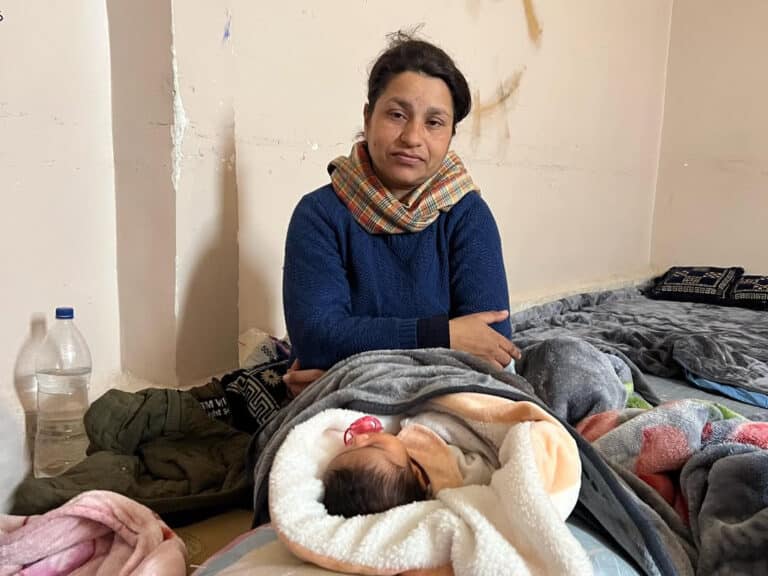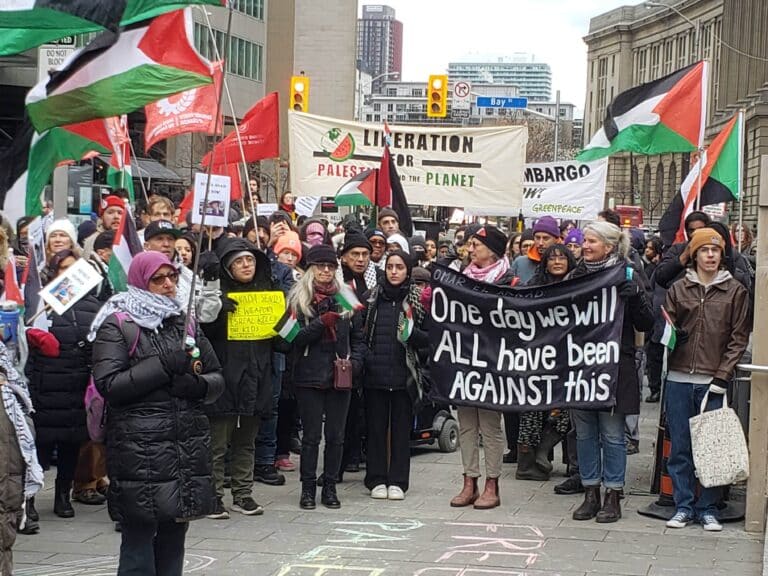The plight of Palestinian prisoners in Israeli detention is a deeply troubling aspect of the ongoing war in the region. Since the outbreak of war and the perpetuation of genocide in the Gaza Strip, the number of Palestinians arrested and detained by occupation forces has reached alarming levels. The impact of these detentions extends far beyond the individuals themselves, reverberating throughout Palestinian society and perpetuating cycles of suffering and injustice.
Within Israeli prisons, Palestinian detainees face egregious violations of their most basic human rights on a daily basis. The conditions they endure are nothing short of harrowing. Reports of starvation, torture, severe beatings, and sexual harassment paint a grim picture of the reality faced by those held captive. Women and girls, in particular, are subjected to degrading treatment, including the removal of their clothes, and acts of sexual harassment, leaving them vulnerable and traumatized.
Administrative detention, a practice in which individuals can be held without charge or trial for extended periods, is wielded by Israeli authorities with impunity. This arbitrary detention leaves thousands of Palestinians languishing in prison cells, often for months or even years, without any semblance of due process. The psychological toll of this uncertainty is immeasurable, both for the detainees themselves and for their families who are left in agonizing limbo, unsure of when or if their loved ones will ever be released.
The staggering number of Palestinian prisoners in Israeli jails—currently estimated at 9,500 which includes 200 children—underscores the scale of the humanitarian crisis unfolding behind bars. Many of these prisoners suffer from malnutrition due to inadequate food provisions and are denied access to proper medical care. The denial of family visits only compounds their isolation and despair, further eroding their sense of humanity and dignity.
For Palestinian families, the anguish of having a loved one detained is compounded by the constant fear for their safety and well-being. Children grow up without the presence of their parents, robbed of the nurturing and guidance that every child deserves. Many families are torn apart, their bonds strained by the distance and uncertainty imposed by imprisonment.
Tragically, some Palestinian prisoners have paid the ultimate price for their resistance, losing their lives as a result of torture or medical neglect while in custody. Their deaths serve as stark reminders of the brutality of the occupation and the urgent need for accountability and justice.
Despite the overwhelming challenges they face, Palestinian prisoners remain steadfast in their resilience and determination. Their courage in the face of adversity is a testament to the indomitable spirit of the Palestinian people and their unwavering commitment to freedom and justice.
As individuals, communities, and nations, we have a moral obligation to stand in solidarity with Palestinian prisoners and to demand an end to their suffering. We must advocate for their rights, amplify their voices, and hold those responsible accountable for their actions.
In the words of Nelson Mandela, “It is said that no one truly knows a nation until one has been inside its jails. A nation should not be judged by how it treats its highest citizens, but its lowest ones.” The treatment of Palestinian prisoners is a litmus test for the moral conscience of the international community. It is incumbent upon us all to rise to the challenge and to work tirelessly until every last Palestinian prisoner walks free.
CPT Palestine calls on us to raise our voices to demand justice and accountability for these violations of human rights. Let us join together in prayer for those who have lost their lives due to torture and for all those who continue to suffer in the darkness of prison cells. May they find solace and may their plight be heard by the world.




